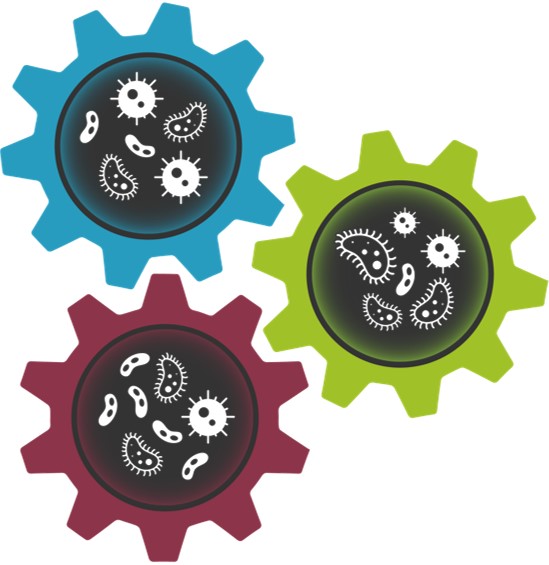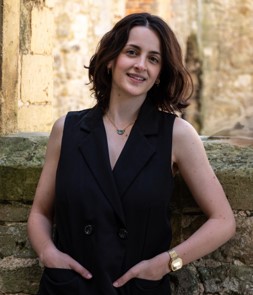EBNet is joining our colleagues at EBIC and in many other national and international organisations, in celebrating 23 June 2025 as International Women in Engineering Day. See here for EBIC’s posting.
International Women in Engineering Day (INWED) started in the UK in 2014 as a national campaign set up by the Women’s Engineering Society. Since then it has grown significantly, receiving UNESCO patronage in 2016 and going truly global the following year. The event provides a platform to recognise and highlight the achievements of women in engineering, and to encourage more women to enter the field. For more details see the INWED webpage.
Meanwhile as our contribution here are a few selected comments from EBNet members. These are mostly from our Early Career Researcher events in 2023 and 2024 where we asked participants to complete the sentence “I am an Environmental Biotechnologist because…“. So remember they are not all at the same institutions now – and some may no longer be ECRs but well on the way to company director or professor! But it’s great to see the enthusiasm and dedication of this truly international group of women in engineering…
 I have a Civil Engineering background from my undergraduate studies. In the last 10 years I have worked in the Water and Environmental Engineering field, focusing on biofilms that form in drinking water distribution pipes. I am passionate about my research and I hope that it may support efficient strategies for improving drinking water quality.
I have a Civil Engineering background from my undergraduate studies. In the last 10 years I have worked in the Water and Environmental Engineering field, focusing on biofilms that form in drinking water distribution pipes. I am passionate about my research and I hope that it may support efficient strategies for improving drinking water quality.
Erifyli Tsagkari, University of Glasgow
I am an environmental engineer because I want to improve public health and quality of life. I believe in a ‘One Health’ approach for achieving better public health outcomes. My research focuses on the role of bacteriophages in biological wastewater treatment.
Priscila Carlon, Newcastle University
 I am a PhD student in environmental engineering focusing on recovering carbon and nutrients in the food processing wastewater using biotechnologies; I simulate and optimise integrated recovery process systems via computational modelling and mathematical optimisation.
I am a PhD student in environmental engineering focusing on recovering carbon and nutrients in the food processing wastewater using biotechnologies; I simulate and optimise integrated recovery process systems via computational modelling and mathematical optimisation.
Yiying He, King’s College, London
I am a PhD student studying environmental engineering, and I chose the reduction of anti-microbial resistance in catchments as my topic. My project involves a lot of biomolecules, and I hope to gain inspiration and progress from the work of other scholars.
Xiaoqi Yu, Newcastle University
I am a PhD student in civil and environmental engineering with a focus on optimisation process of anaerobic biotechnology and understanding through metagenomic data
Tri Yulianti, Imperial College London
 I am a Chemical Engineer. I work in Environmental Biotechnology because I believe microbes are under-exploited resources which are paramount to replace fossil hydrocarbon-derived products and secure a thriving planet for generations to come.
I am a Chemical Engineer. I work in Environmental Biotechnology because I believe microbes are under-exploited resources which are paramount to replace fossil hydrocarbon-derived products and secure a thriving planet for generations to come.
Maria Ramos-Suarez, University of Southampton


